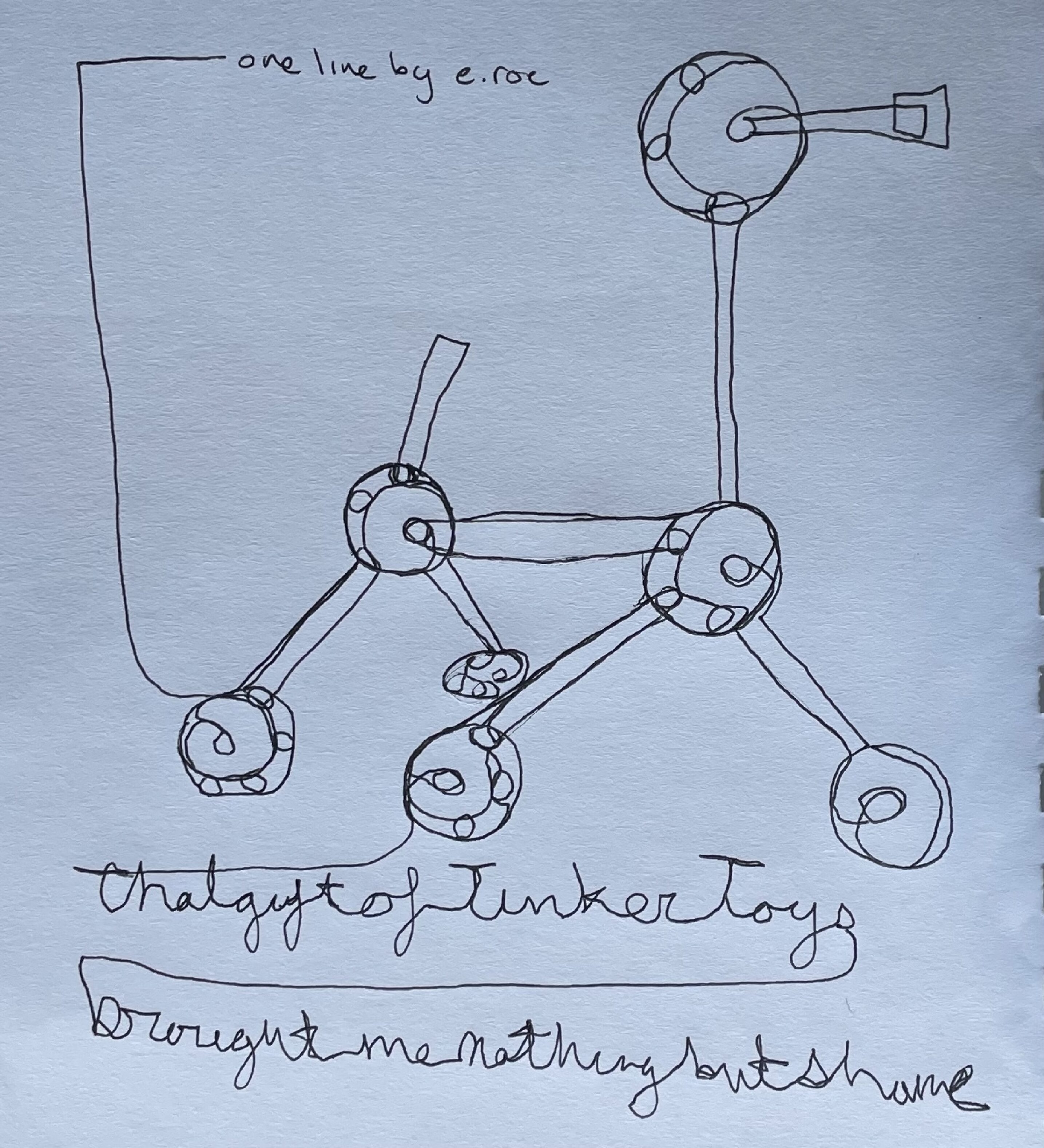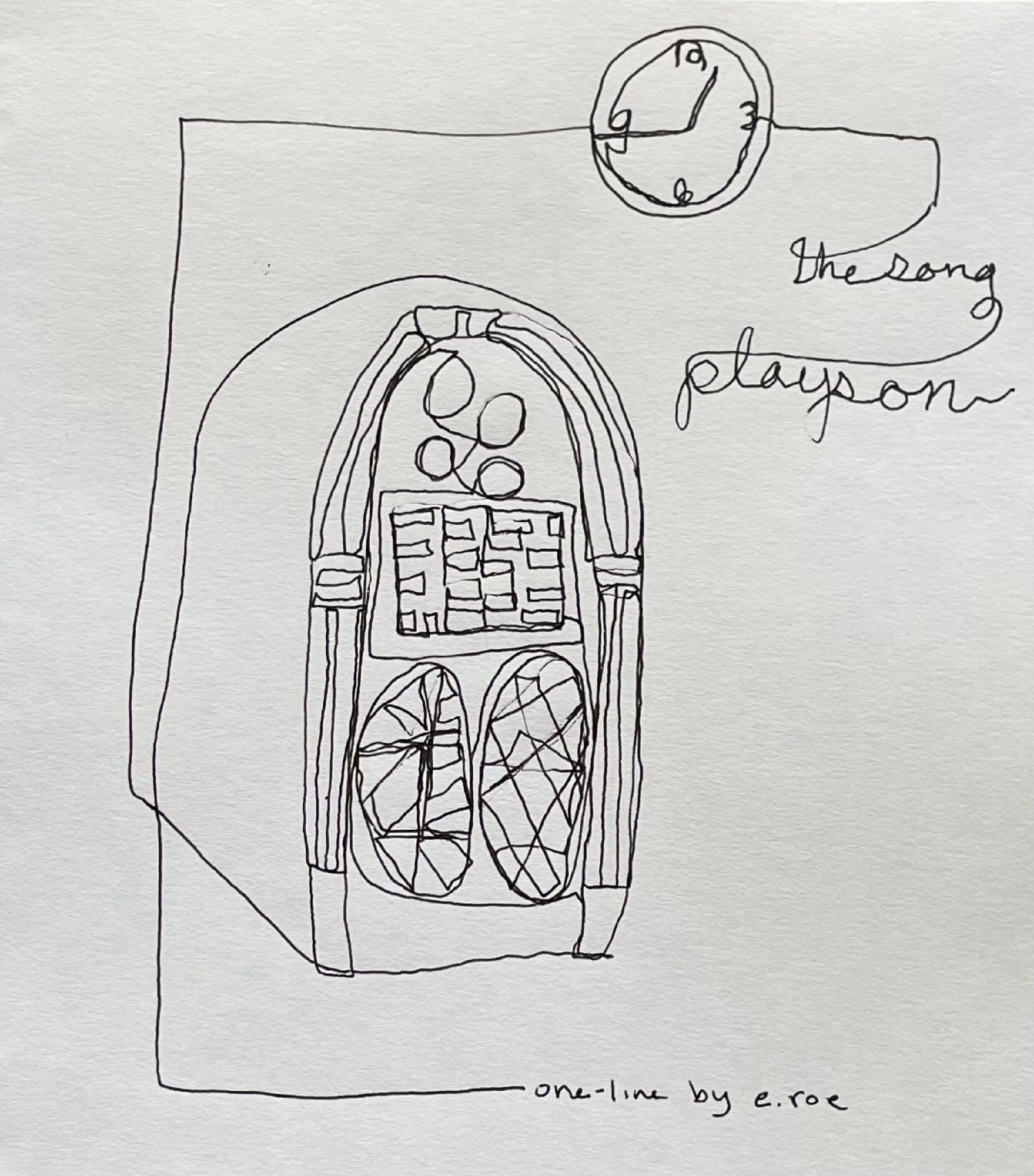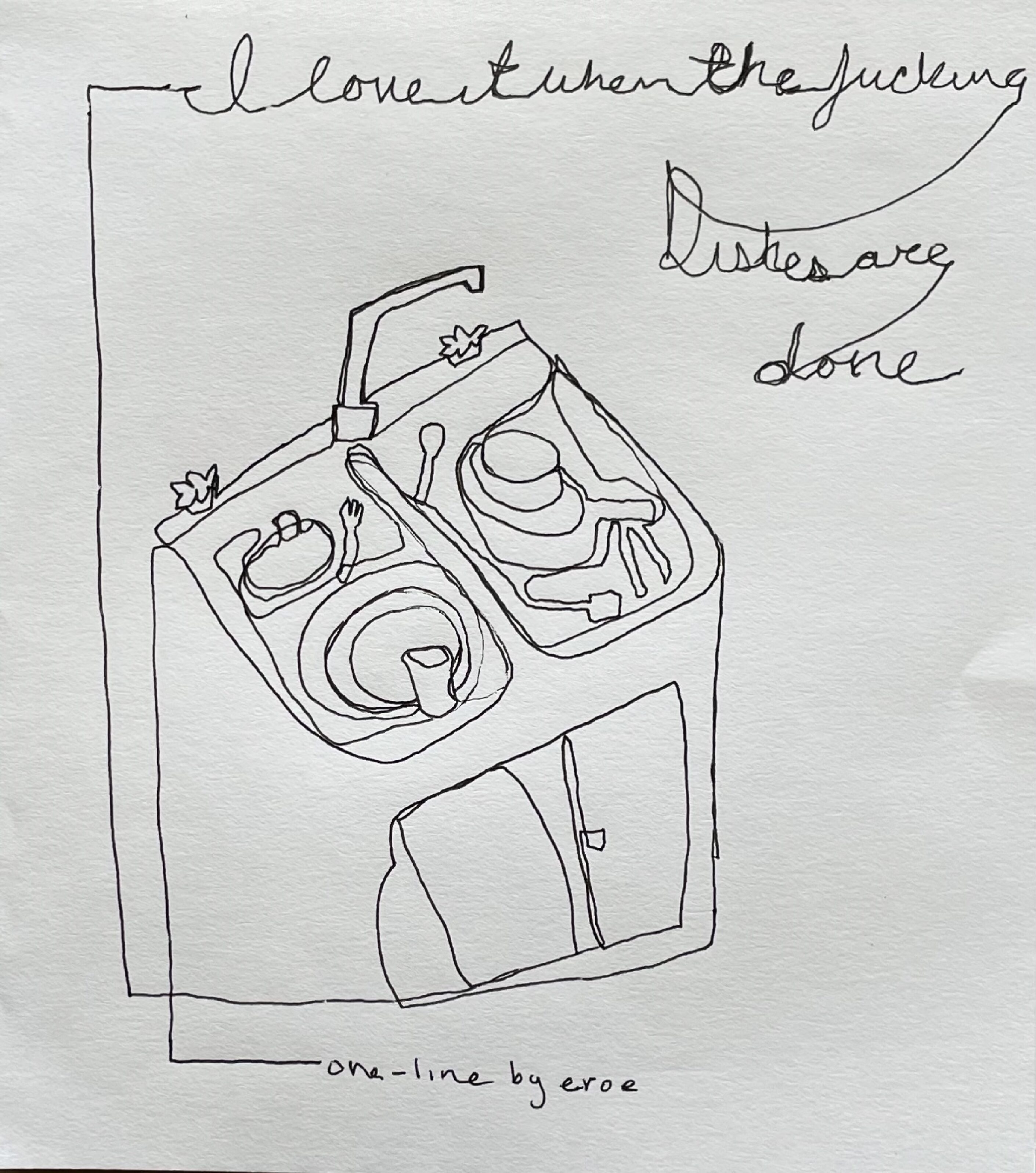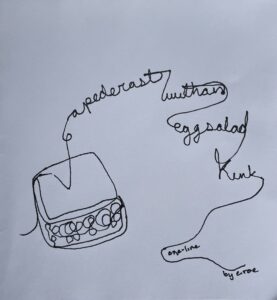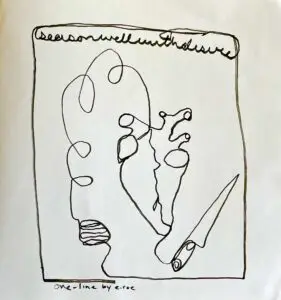The pill has its own ontology. Its scored bisection is not just a pharmaceutical convenience but a goddamn epistemological event horizon.
Fifteen milligrams. Twice daily. Scored precisely down the middle like some anal-retentive cartographer’s dream of psychological demarcation. “Non-addictive,” they said—bureaucratic-speak for “we haven’t yet quantified the metaphysical dependency.”
Let me tell you about dependency. Not the vulgar physical kind—track marks, tremors, the bodily revolt—but something more insidious. A psychological topology where every interaction is mediated through this small, mathematically perfect oval. Anxiety as landscape. Medication as topographical map.
Her words from that night still echo with a clinical precision that makes my skin crawl: “Nine years.” Just like that. As if two syllables could capture the entire phenomenological experience of chemical negotiation.
Sidebar: What does it mean to be “non-addictive”?
- No physical withdrawal
- No chemical dependency
- [REDACTED: Existential dependency]



